Mumbai-based solar manufacturer RenewSys’ petition for anti-dumping (AD) duties to be applied to solar ethylene vinyl acetate (EVA) sheets imported from east Asia has convinced the authorities, who will apply a tariff of $537-1,559/metric ton (Rs38,134-1.1 lakh).
The harshest penalty – $1,559/metric ton (MT) – will be applied to sheets supplied from any Saudi manufacturer other than Saudi Specialized Products, which will see a $1,338/MT rate added to its shipments. A tariff of $1,529/MT will be added to Thai imports, apart from those manufactured by TPI all seasons, which secured a $1,141 rate. All Malaysian imports face a $953/MT levy and four rates were set for Chinese products. Hangzhou First Applied Material products will face a $665/MT penalty, Changzhou Sveck PV New Material will see $590/MT added to its shipments, Changzhou Bbetter Century Film Technologies will pay $537/MT and all other Chinese EVA sheets will shoulder an $897 charge.
An investigation by the Directorate General of Trade Remedies (DGTR) – a unit of the Ministry of Commerce & Industry – found the imposition of a duty was required to offset injury caused by EVA sheet imports from China, Malaysia, Saudi Arabia and Thailand.
However, having found imports from South Korea mostly comprised EVA resins – a raw material for EVA sheets – the DGTR excluded Korean products from the list of imports affected.
The duty will be imposed for five years from the date of notification of the decision which will be issued by the government.
According to the petition, there are only four solar EVA sheet makers in India: RenewSys India, Vishakha Renewables, Allied Glasses and Brij Foot Care. RenewSys is the largest and accounts for around 71% of domestic production.
No supply and demand gap
In its investigation, the DGTR found the “solar EVA sheets produced by the domestic industry and those imported from the subject countries are comparable in terms of physical and chemical characteristics; manufacturing process and technology; functions and uses; product specifications; pricing; distribution and marketing; and tariff classification of the goods … The two are technically and commercially substitutable.”
RenewSys said “the claim of the interested parties [importers, developers and others] regarding [a] demand-supply gap in the country is completely baseless. The total demand of the subject goods in India is 10,396 MT while the petitioner alone has a capacity of 6,267 MT. Further, the other Indian producers – Vishakha Renewable, Allied Glass and Brij Foot Care – have capacities of 6,267 MT, 3,133 MT and 1,050 MT, respectively. In addition to that, another domestic producer – Lucent Clean Energy – has begun its operations in December 2017. Clearly, Indian producers have the capacity to meet the total demand in the country.”
EVA sheets are a polymer-based component used in the manufacturing of PV modules. They are used to seal in solar cells by supplying adhesive and cushioning functions. The sheets are one of the essential components that keep glass, cells and backsheets integrated and support modules mechanically during their service lifetime.
This article was amended on 26/02/19 to add details of the full anti dumping duties applied.
This content is protected by copyright and may not be reused. If you want to cooperate with us and would like to reuse some of our content, please contact: editors@pv-magazine.com.
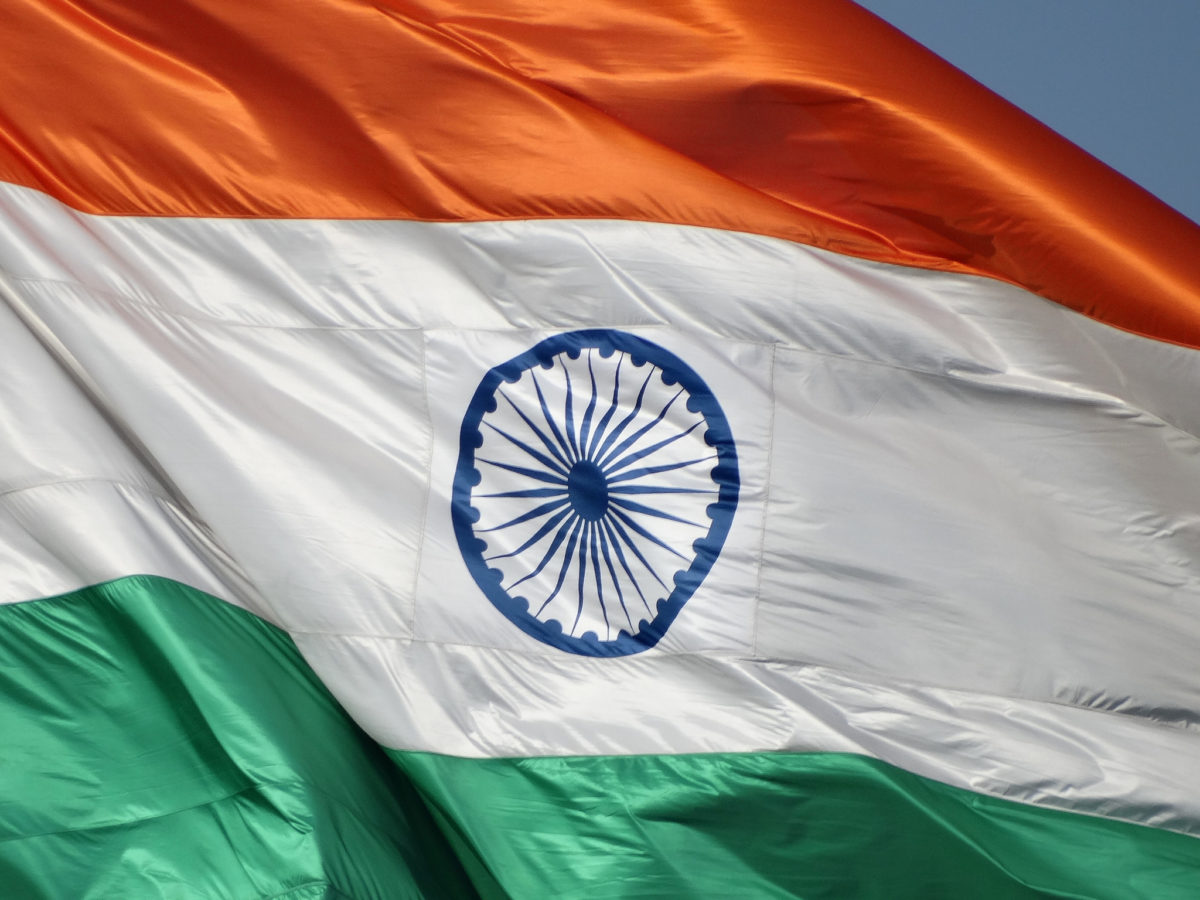
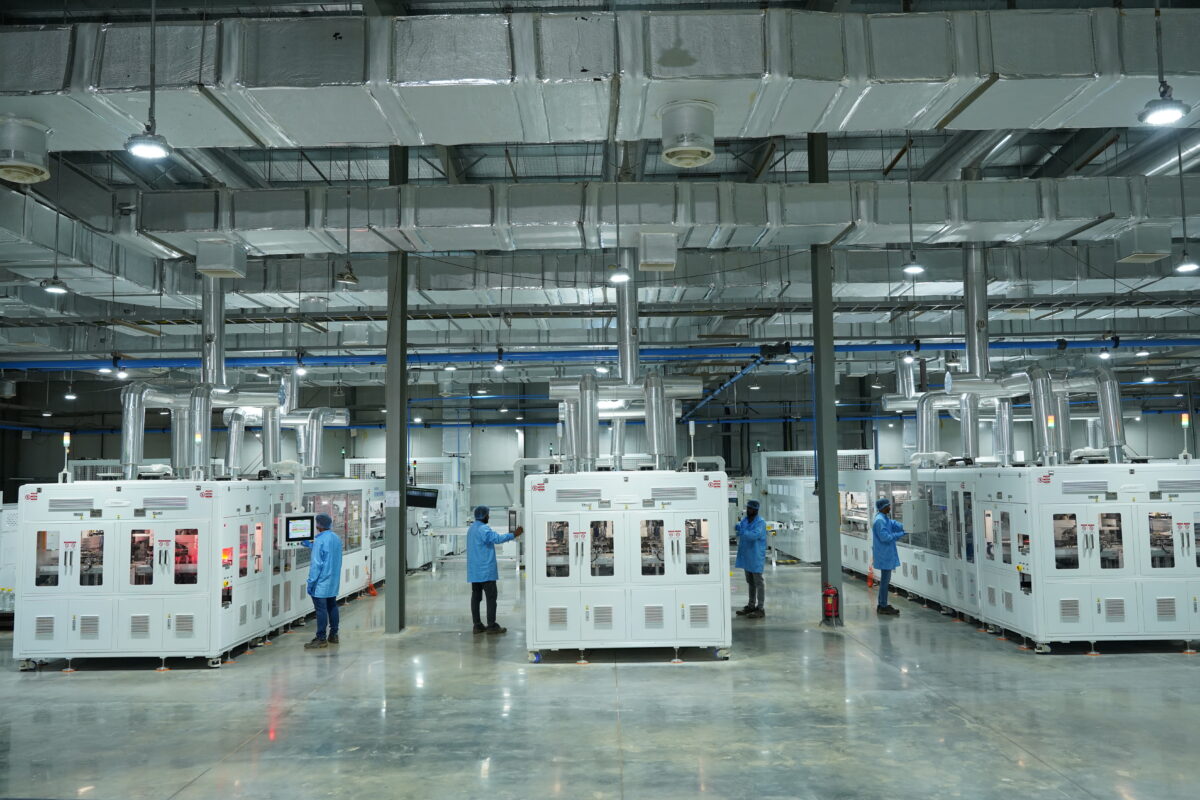




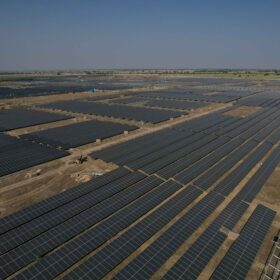
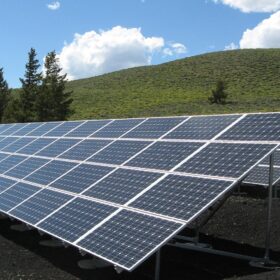
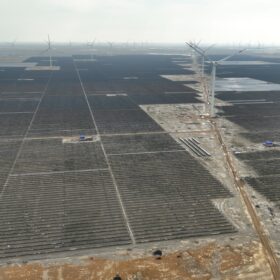
By submitting this form you agree to pv magazine using your data for the purposes of publishing your comment.
Your personal data will only be disclosed or otherwise transmitted to third parties for the purposes of spam filtering or if this is necessary for technical maintenance of the website. Any other transfer to third parties will not take place unless this is justified on the basis of applicable data protection regulations or if pv magazine is legally obliged to do so.
You may revoke this consent at any time with effect for the future, in which case your personal data will be deleted immediately. Otherwise, your data will be deleted if pv magazine has processed your request or the purpose of data storage is fulfilled.
Further information on data privacy can be found in our Data Protection Policy.